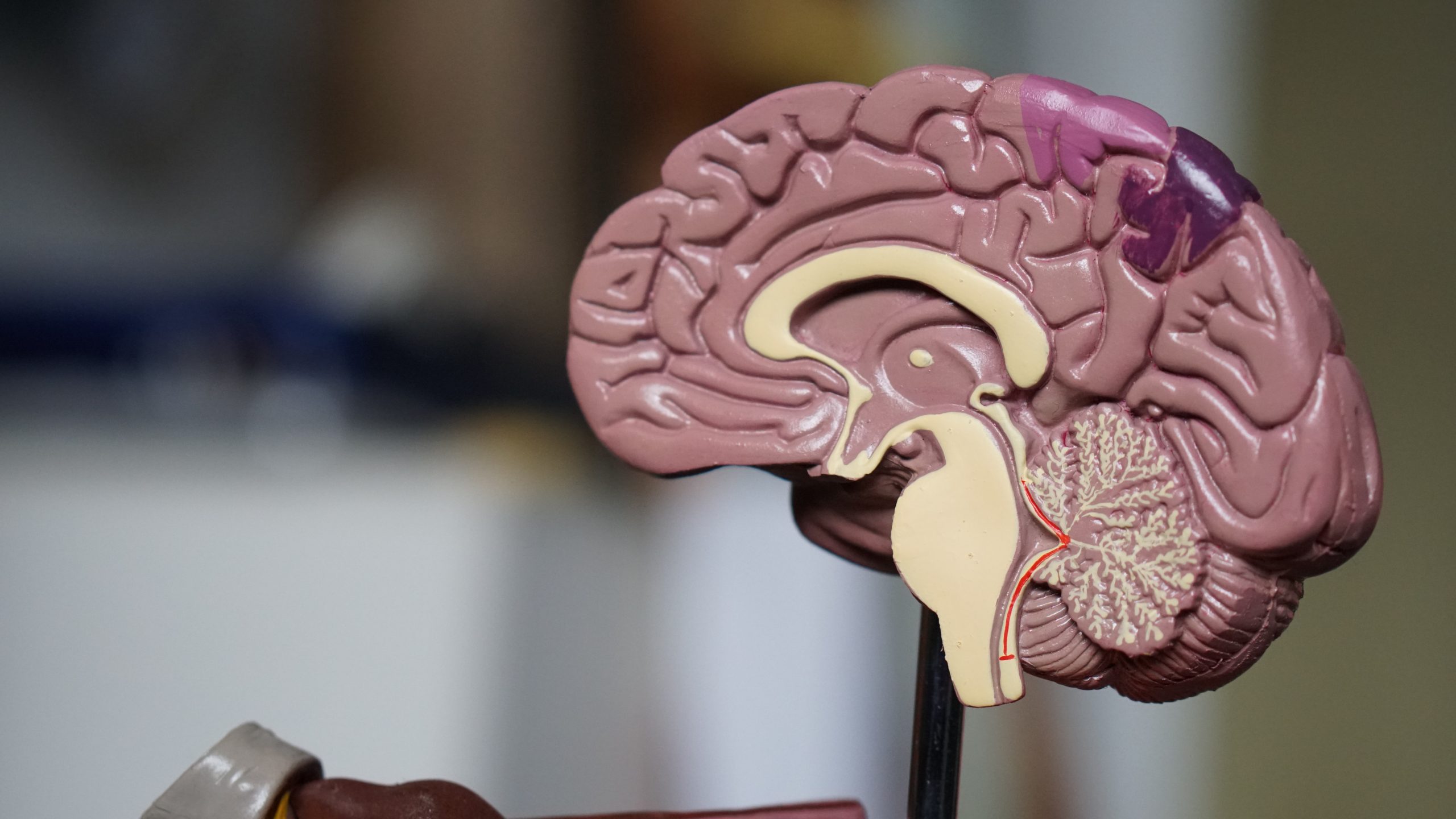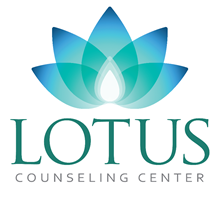Learning how to help your teen manage their emotions can become challenging for some parents. Dr. Alisa Crossfield, PhD. shares some tools to guide you on how to help your teen manage their emotions.
As children grow into adolescence, they are faced with a continually increasing number of intense emotional experiences. They face their own reactions to stress, fights, break-ups, family conflict, and so much more. As I explained in “How to React to Adolescent Emotions,” one of the most important things we can do for teens is respond to them with validation. Beyond helping to de-escalate the intensity of their emotions, we model validation, so they can learn to self-validate.
Unfortunately, our reaction to our teen’s emotional displays is only one small fraction of their experience. Given the number of emotionally-laden experiences a teen may have in a day, they need to develop tools to tolerate these emotions.
In my clinical practice, I see many teens who are struggling with two opposing ways of experiencing their own emotions. Some operate at the complete mercy of their emotions. They become so absorbed by their emotions that they are unable to continue with daily tasks such as going to class, completing homework, or participating in extra-curricular activities. While there are absolutely times when we need a mental-health break, stopping our lives cannot be the only way we approach emotional pain.
In contrast to those who stop life for their emotions, some teens try to stop their emotions to continue with life. These are the kids who “stuff their emotions down.” They eventually find that the container for all those emotions is overflowing and the feelings they ignored are coming back with greater intensity. They may develop problematic ways of “numbing” their feelings with substance use, self-injury, and other destructive behaviors.
Between these extreme forms of experiencing emotions lies a middle ground. We need to teach our teens ways to tolerate distress. They need periods of the day where they stop to experience and process emotionally difficult events and they need techniques to distract from their emotions when other activities require their attention. A balance of these approaches allows people to incorporate emotionally charged events into their day without the extremes of ignoring emotions or becoming overwhelmed by them.
There are several steps we can take to accomplish this balance.
1. Identify methods for processing emotions: In order to avoid emotions overwhelming the ability to carry out daily tasks, we need to make sure teens have “down-time” where they can address the events creating distress and the resulting emotions. At these times, emotions can be processed in a variety of ways. Encourage teens to identify adults and friends they believe are available for listening. Ideally, these are people who can listen without judgement and focus on validation (see “How to React to Adolescent Emotions”). While-problem-solving is helpful, the emphasis needs to be on recognizing the understandability of their emotional reactions.
Beyond talking about their experiences, encourage teens to try other forms of expression. Many benefit from journaling about all of their thoughts and feelings after a distressing experience. Many teens also express their thoughts in art projects, music, or dance. The primary goal is to validate themselves through expression. Often, the act of expression can also be a release.
2. Identify self-soothe techniques: When our children were babies, many of us heard about the need for them to learn to self-soothe. This need does not disappear after infancy! Yet, many teens are unaware of what soothes them. Alternatively, they rely too heavily on one technique leading to problems associated with over-use.
In my clinical work, I encourage people to identify ways to soothe all of their five senses (a skill set explained by Dialectical Behavior Therapy). In other words, what are soothing images, smells, tastes, sensations, and sounds. The more of our senses we address, the more able we are to soothe ourselves. These techniques can then be used during both periods when teens are expressing their emotions as well as periods when they need to carry on with their day in the presence of strong emotions. The intention is not to fix the problem. Rather these strategies are intended to allow us to manage intense emotions without doing anything that results in greater difficulties.
I typically encourage teens (and adults) to gather items they use for self-soothe so they are readily available. A teen might carry some of them in their backpack for easy access. Soothing images and sounds can be captured on the phones they hold so dear. I have had many a teen tell me they made it through their day by sucking on tootsie pops or playing with stress balls!
3. Identify methods for regulating physiological responses to distress: Our bodies’ nervous system is comprised of two systems working in opposite directions. The sympathetic nervous system increases arousal by activating our fight-or-flight response. In contrast, our parasympathetic system increases emotion regulation and decreases arousal. This phenomenon is at the root of Dialectical Behavior Therapy TIPP skills, which decrease emotional arousal by increasing activity of the parasympathetic nervous system.
The first strategy is to Tip the temperature of your face with cold water or ice. The extreme version of this skill involves putting your face in a bowl of cold water for 30 to 60 seconds. More moderate approaches involve splashing cold water on your eyes and cheeks or placing a wrapped ice pack over your eyes and cheeks. Teen girls tend to like the last approach to preserve their make-up.
A second strategy is Intense aerobic activity for 20 minutes. This is particularly effective for anger and agitation as well as decreasing bursts of anxiety. It further acts to increase positive affect.
The third strategy is Paced breathing, wherein the goal is to slow down the pace of inhaling and exhaling. Ideally breathing is slowed to roughly five or six breath cycles per minute. In addition, it involves inhaling deeply from the abdomen at a slower rate than exhaling.
Finally, with Paired muscle relaxation, the intention is to pair muscle relaxation with breathing out. The strategy involves tensing muscle groups, noticing the sensation of tension while breathing in. One then releases the tension and notices the sensation of it gradually lessening while breathing out. By increasing awareness of physical tension, we also increase awareness of relaxation and decreased arousal.
Try these skills yourself in a moment of calm as they will help you parent an emotionally distraught teen. You can then share them with your teen. Encourage practice in a calm state so that skills can be used more easily in a distressed state.
4. Identify distraction strategies: While schedules may not allow for a long period of avoiding responsibilities, we can often use short periods of distraction time to “re-set” our focus from upsetting events. Help your teen identify distractions they can use to shift their focus. Particularly helpful are those that involve focusing thoughts on something else concrete such as writing down lyrics to a favorite song or doing a quick puzzle on an app. People are not able to think about two things simultaneously. Thus, guiding our thoughts to these focused activities will divert them from thinking about emotionally-triggering events.
Unfortunately, there is no magic wand to help our teens weather the emotional storms they encounter. Yet there are approaches that can make those storms more tolerable and decrease the likelihood of emotions rendering teens unable to carry on. Many assume that these are strategies that we naturally develop, but often they need to be taught and practiced like any skill. Yet, unlike some skills they learn, these can benefit teens for a lifetime.
Olga has the tools to teach your teen or child how to identify ways to process their emotions . During this time, many adolescents are struggling with increased anxiety and depression. Reach out to Olga for a free 15 minute consultation.


 International Overdose Awareness Day is an event held on August 31st each year. It is focused on raising awareness about prescription opioid overdose risk, providing information on services, and preventing drug-related harm. Drug overdose deaths in the United States rose 29.4% in 2020 to an estimated 93,331 according to the CDC. That’s up a 5% increase in 2019.
International Overdose Awareness Day is an event held on August 31st each year. It is focused on raising awareness about prescription opioid overdose risk, providing information on services, and preventing drug-related harm. Drug overdose deaths in the United States rose 29.4% in 2020 to an estimated 93,331 according to the CDC. That’s up a 5% increase in 2019.














